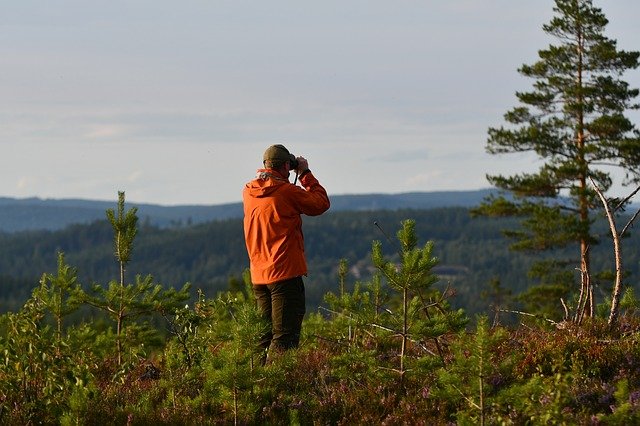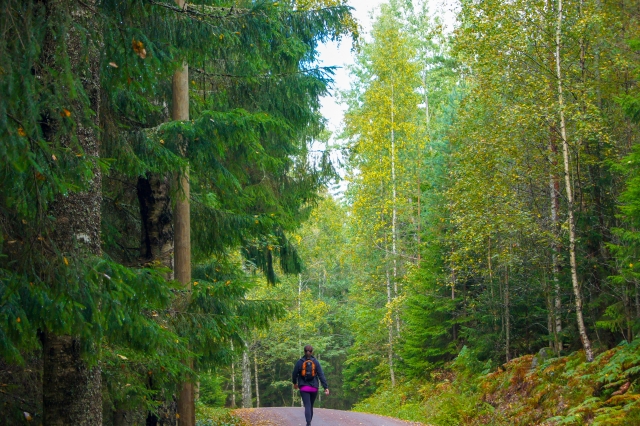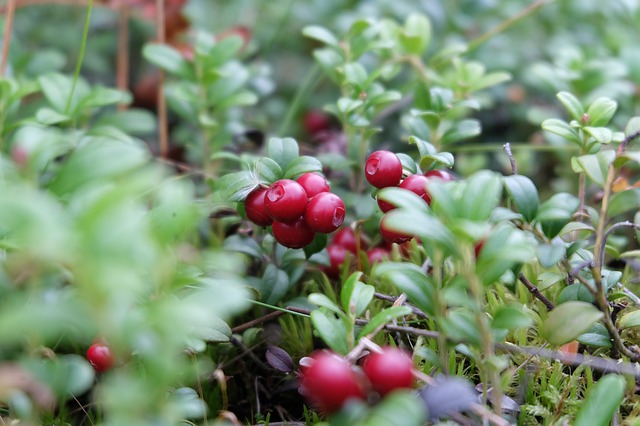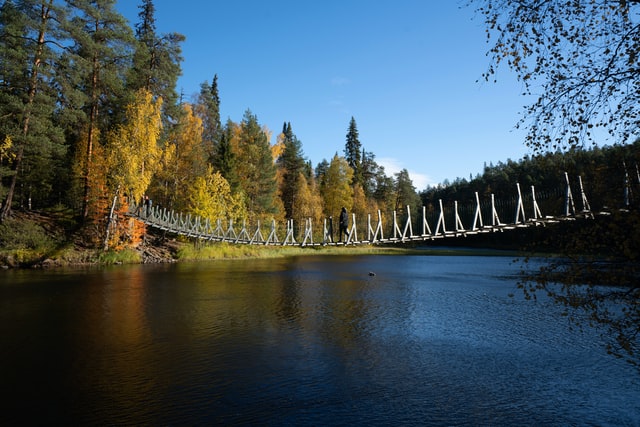Freedom to roam | the right to enjoy nature as guaranteed in the Nordic countries

Northern Europe is characterized by the abundance of nature that covers a large part of the country. It is in this climate that the “freedom to roam” was born, a right that guarantees that everyone can enjoy the benefits of nature.
In this article, I would like to discuss what exactly the Nordic Freedom to roam law is all about.
What is Freedom to roam?

Freedom to roam is a law that guarantees everyone the right to enter and freely spends time in nature, whether on state-owned or private land, to explore, collect, fish, or stay for a short period of time, under certain rules. Freedom to roam includes not only citizens of one’s own country, but also visitors from abroad. Freedom to roam is rooted in the long-established Nordic custom that nature belongs to everyone.
In the 20th century, Nordic countries developed laws based on this custom and articulated it as a specific right. Freedom to roam” is also translated in English as “right to roam” or “right of public access to the wilderness. In Swedish, it is “Allemansrätten”, which means belonging to all. In Finnish, it is also called “Jokamiehen Oikeus” of the rights of all.
Although the terminology differs from country to country, there seems to be a common understanding that “the natural environment belongs to everyone.” Freedom to roam is a right that is commonly guaranteed in Nordic countries, but there are some differences in the laws that specify the right and the scope of the right guaranteed in each country.
For example, in Denmark, the Nature Conservation Act (1969), in Norway the Outdoor Leisure Act (1957), and Sweden the Freedom to roam is guaranteed in the Constitution. There are also some differences in the scope of rights granted to users from country to country, such as the permitted areas for action, plants that can be collected, and whether or not some active tees are permitted. To avoid confusion, this article will be limited to Freedom to roam in Finland.
Rights recognized by Finland’s Freedom to roam
The rights and acts permitted by the Freedom to roam include, for example, the following
Right of way: Anyone can freely come and go in the forest
Freedom to roam, which expresses the concept that nature belongs to all, allows anyone to freely enter the forest without the landowner’s permission. Except for some areas, such as protected areas, the right of way covers the forests that cover most of Finland, as well as the lakes and surrounding islands.
In addition to walking, bicycles and horses (!) are permitted. Cars and motorbikes are allowed only on public roads. Please note that cars and motorcycles are not allowed on public roads.
Fruit collection rights: Can collect native fruit

One of the rights guaranteed by the Freedom to roam is the right to collect fruit.This right guarantees that anyone can freely collect wild blueberries, mushrooms, and flowers that grow wild in the forest. Of course, all of this is free of charge. The inhabitants of Finland have long had a culture of foraging, and this DNA is still carried on today. Even today, many residents go into the forests to pick fresh berries to make jams and tarts.
However, not all plants are allowed to be collected. Naturally, the collection of endangered species, plants with protected status, and plants and fruits grown in other people’s fields are prohibited. Permission is also required to collect mosses and stones. Damaging trees or picking branches, leaves, or acorns from trees is also prohibited.

Right to stay: Pitch a tent and camp in the forest
Camping in the beautiful nature of Northern Europe is one of the situations you have always dreamed of. Freedom to roam also allows you to pitch a tent and stay temporarily in the forest or by a lake as a right to stay. You can even swim in the lake. Please note that a short-term stay, such as a few days, is not a problem, but a long-term stay is not allowed.
Another point to remember is that you should also be careful with fire. In nature, building bonfires are generally prohibited or require permission from the landowner. Bonfires are also prohibited during periods when forest fires are likely to occur. If you need a fire, use the designated campfire area. Portable heaters and camp stoves are also permitted.
Rights to use the natural environment: enjoy activities
Boating across the lake, fishing, and other activities to enjoy nature are also permitted. On the other hand, motorized boats that make noise and harm the ecosystem are not permitted.
Fishing is a bit more complicated with detailed rules. This is because some forms of fishing are charged in Finland. Free fishing is allowed with a simple fishing rod. A simple fishing rod with a hook on one rod is no problem. However, a permit with a fee is required to use a full-scale fishing rod with a lure or a net.
With freedom comes responsibility
Prohibited acts include, in addition to the above, littering, leaving pet droppings, and vandalism that causes damage to the natural environment, ecosystems, and landowners are also not allowed.
Freedom to roam recognizes the right of people to freely enjoy the benefits of nature. At the same time, however, this right is based on the premise that each of us must simultaneously fulfill our responsibility to respect and preserve nature.
While enjoying the magnificent forests, lakes, flora, and fauna of the Nordic countries that have been formed over the years, let us not forget to be aware that we must at the same time protect nature and sustainably connect it to future generations.
Conclusion
Respect and coexist with nature rather than dominate it. Freedom to roam, a right to enjoy nature, seems to represent the Nordic climate and the national character of the people who live there, where the entire land is covered with deep nature. The philosophy of living in harmony with nature is perhaps something we can all relate to.
Note: many detailed rules cannot be introduced here, so be sure to check with the local authorities beforehand.




